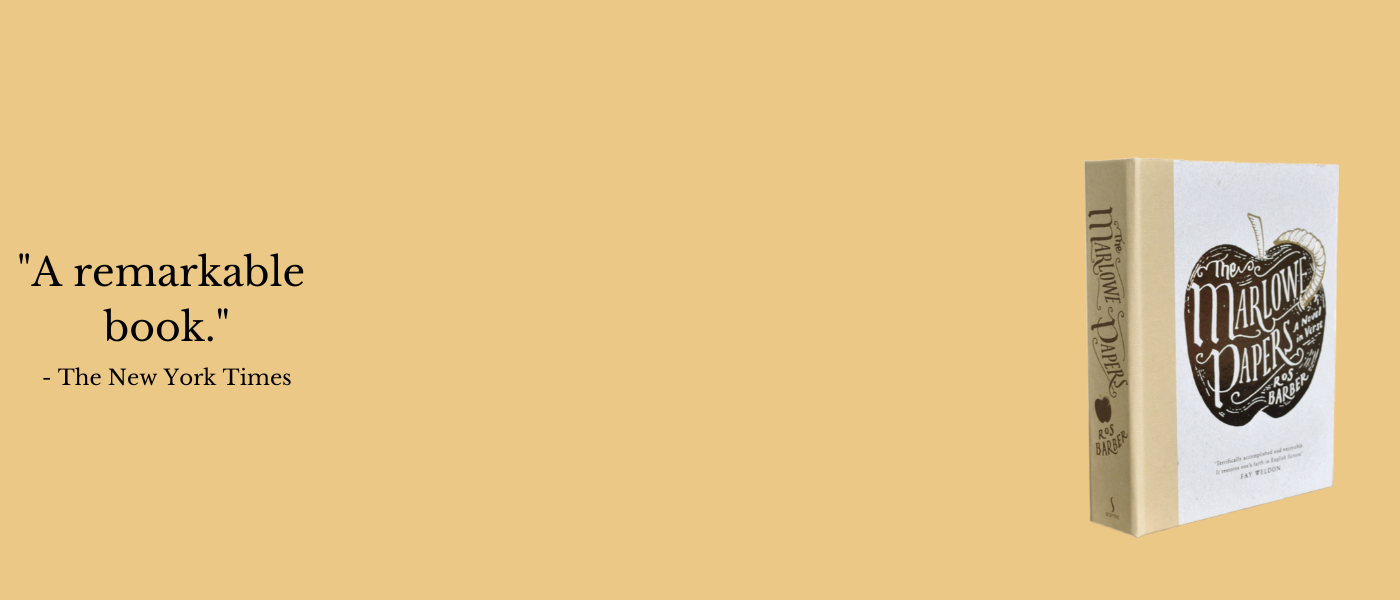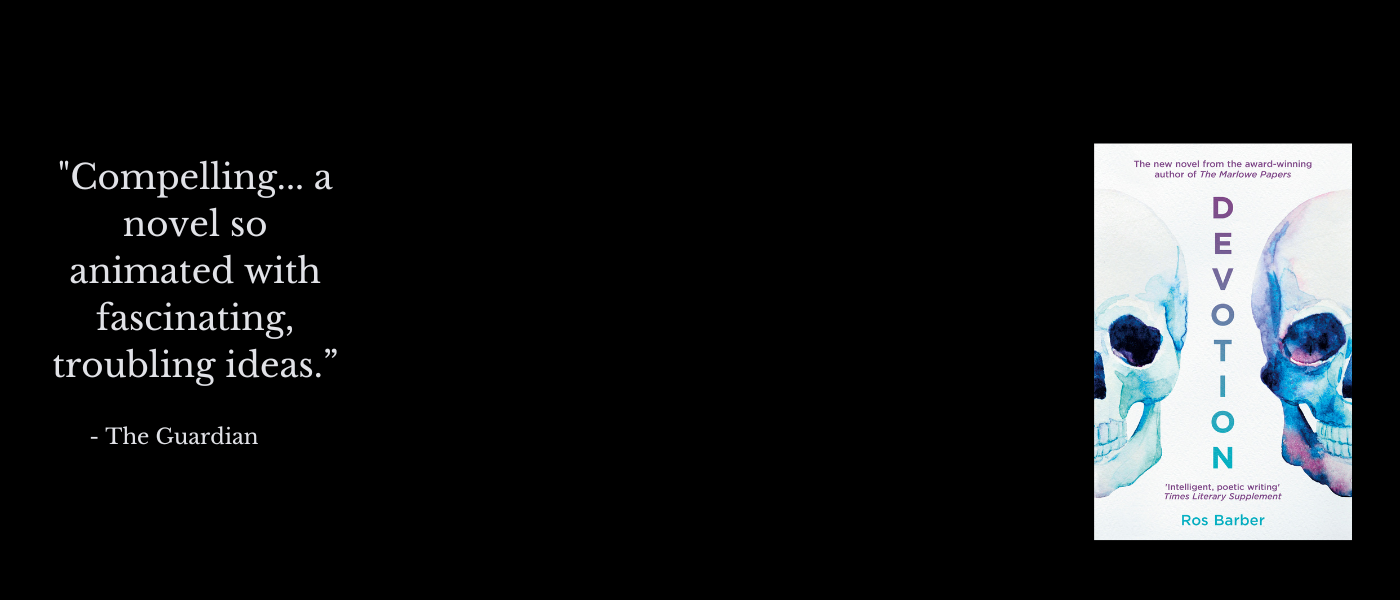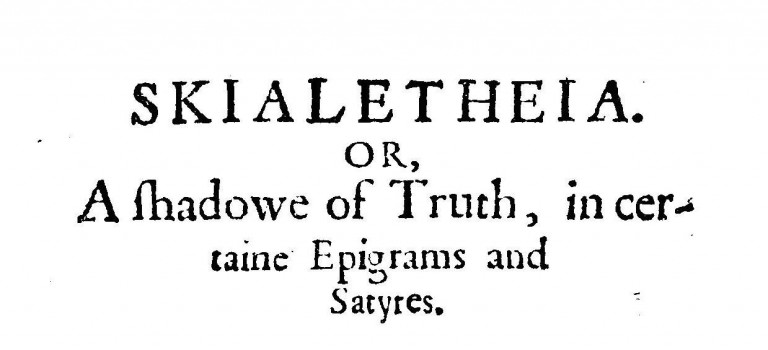

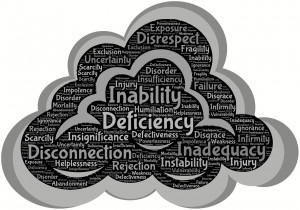 Fear of failure is the block that comes up more often than any other when I am working with writers. It is the holding category for about the half the content of ‘Write the Damn Book!‘ It is the bucket into which writers can throw a great deal of their negative self-talk: what if it’s rubbish? what if I can’t do it justice? what if I can’t find an agent? what if I can’t find a publisher? what if it doesn’t get reviews? what if it does get reviews and the reviewers hate it? And not just writers: anyone who ever had a dream of doing something and were afraid to do it. Fear of failure is a kicker.
Fear of failure is the block that comes up more often than any other when I am working with writers. It is the holding category for about the half the content of ‘Write the Damn Book!‘ It is the bucket into which writers can throw a great deal of their negative self-talk: what if it’s rubbish? what if I can’t do it justice? what if I can’t find an agent? what if I can’t find a publisher? what if it doesn’t get reviews? what if it does get reviews and the reviewers hate it? And not just writers: anyone who ever had a dream of doing something and were afraid to do it. Fear of failure is a kicker.
Fear of failure is what stops most people even starting. Why put all that effort into something if it’s (probably) going to fail? And look around: don’t you see people failing everywhere? And look at all those failures in your past. Remember how painful they were? Better not even try. Better keep that dream where nothing can break it: in the future. Better keep that novel safely in your head, where it can remain as perfect as you envisage it, and not be sullied by your monstrous attempts to render it into actual words.
This is the paralysis that met me when I first sat down to write The Marlowe Papers. Especially after I spent three months writing an opening I was rather pleased with, only to put it in front of my then supervisor Lavinia Greenlaw and be told (quite correctly) that it was crap. (Obviously she didn’t say ‘crap’ – we talked viewpoint and narrative voice and stuff like that – but the upshot was, DELETE, back to the blank page). At that point, fear of failure got me round the throat like a cold bony hand and wouldn’t let go. Not a word would come out because they would be words leading to FAILURE.
Luckily, at just that point, I had learned EFT. I began tapping every day on the individual fears that made up my own fear of failure; the foundational events that made me want to run away screaming: the three unpublished novels, the ‘also ran’ poems. Hell, here I was proposing that I could write a novel in the voice not just of youthful genius Christopher Marlowe, but of Marlowe-as-Shakespeare… i.e. the Greatest English Writer That Has Ever Lived. With absolutely no evidence that I was capable of doing anything of the sort.
Hubris. You betcha.
It took weeks of daily EFT to completely eliminate fear of failure for this project. And then – guess what? It was back for Devotion and I had to tap the fears connected to that book out of the way. But that’s because if you are always moving forward, out of your comfort zone, you are going to keep meeting fear. You are expanding yourself into territory you have never visited before, and that is bound to bring some fear along with it. Fear is a good sign, in other words, of where you need to grow. So long as you don’t let it actually win, so long as you recognise it and move through it, fear is the first energy of the creative process.
So how do you stop fear of failure from destroying your dreams? If you’re procrastinating on a creative project – failing to begin it, or failing to make progress – fear of failure is probably behind it and you’ll need to take action to remove it.
How to remove fear of failure
To remove fear of failure I highly recommend energy psychology techniques.
- You can learn EFT like I did (free and detailed tutorials from the inventor of EFT can be found here) and move it out of the way yourself with a little dedication. It will usually take at least a couple of weeks (tapping for 20 minutes a day), but this method is free, and it will give you plenty of insights into yourself along the way, as well as blessing you with some unexpected secondary gains. (I got improved relationships with my spouse and family, and relief from anxiety and depression, just for starters).
- Cost: FREE
- Time: Approximately 5 – 15 hours in total, not including EFT-learning time.
- You can see an EFT or Matrix Reimprinting practitioner. This will costs £60-120 a session for someone who really knows what they’re doing, and you’ll probably need a few sessions, depending on the complexity of the underlying causes. Not all practitioners are equally effective: try to get a personal recommendation. I’ve been doing this kind of work one-to-one and in groups (notably on Write the Damn Book) for years, but I haven’t the time to take on any new one-to-one clients at the moment.
- Cost: £60-£1,200
- Time 1 – 10 hours, not including travelling to/from appointments
- There’s a brand new development of EFT and Matrix Reimprinting called Release and Replace. I’ve been using this with my existing personal clients over the last few months with incredible results. You can read about it, and how it works, here. What’s great about Release and Replace is that you can ‘bundle up’ all the past traumas that are creating an issue (such as fear of failure) and neutralise the emotional charge on them in a single session. End result: that problem stops being a problem in less than an hour. Don’t believe me? Try the method for yourself. No travelling to/from the appointment, and unlike any other kind of therapeutic session I’ve ever heard of, there’s a 100% no-quibble money-back guarantee: if you don’t release your fear of failure, you get a full refund.
- Cost £17
- Time 90 minutes.
Interested? For more details click here.
In the meantime, let me have your comments on your own experiences fear of failure, or indeed your experiences of energy psychology techniques, if you’ve tried them. What has worked (or not worked) for you?
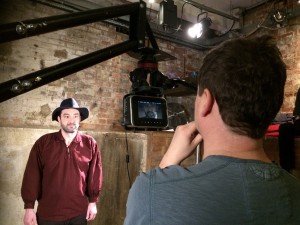 This week, I had the huge privilege to be present at the filming of a trailer for our stage adaptation of The Marlowe Papers. A high quality affair thanks to professional film company Drop Dead Films, who have all the right gear (HD cameras, jibs etc.) and who offered their services after seeing the play during its run in the last week of January.
This week, I had the huge privilege to be present at the filming of a trailer for our stage adaptation of The Marlowe Papers. A high quality affair thanks to professional film company Drop Dead Films, who have all the right gear (HD cameras, jibs etc.) and who offered their services after seeing the play during its run in the last week of January.